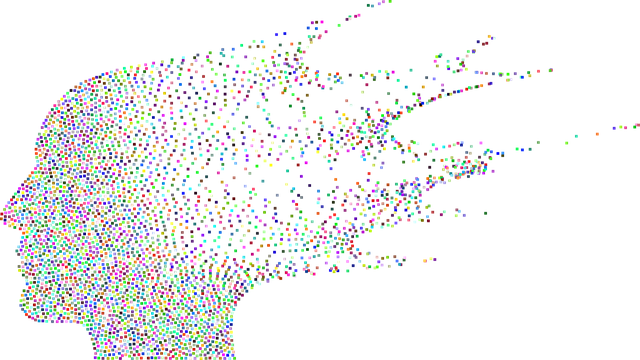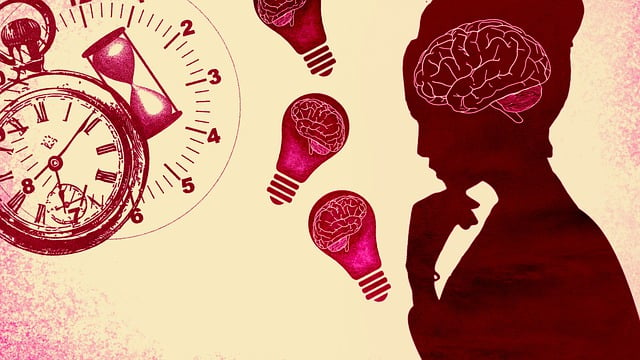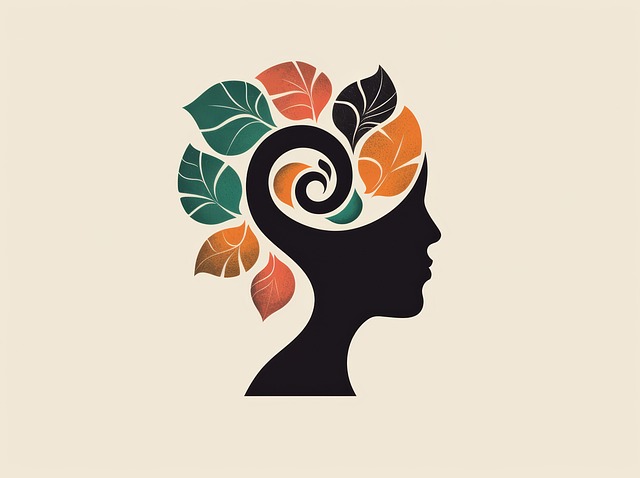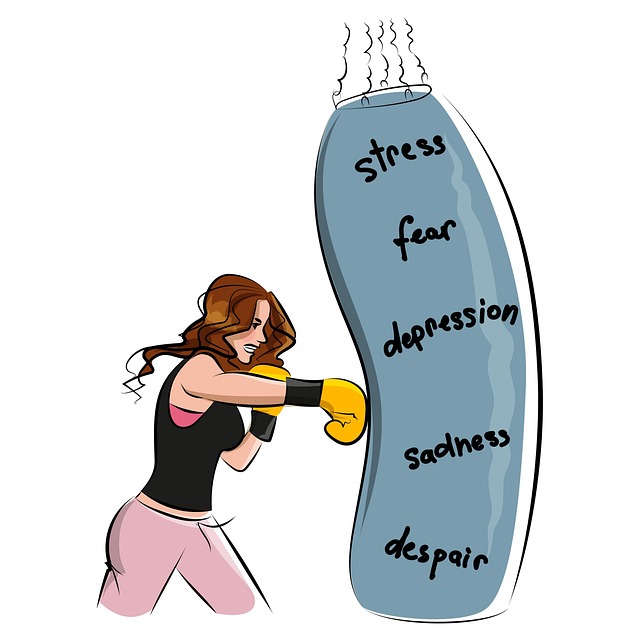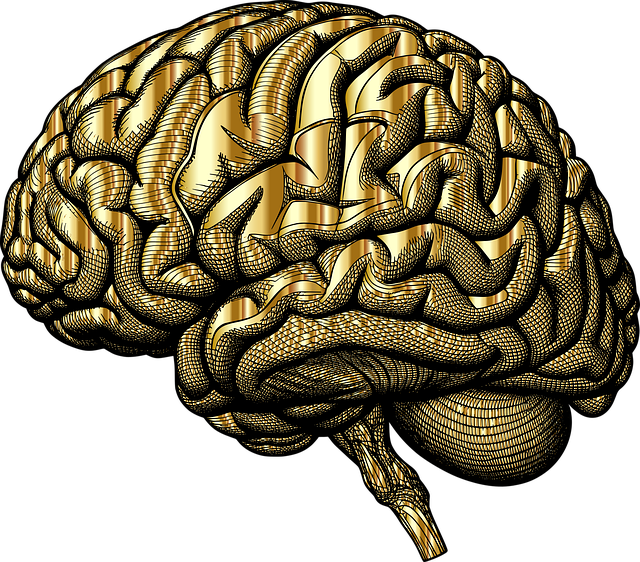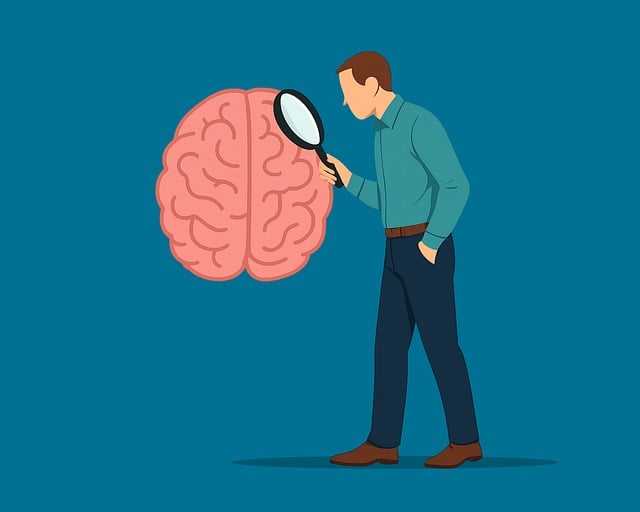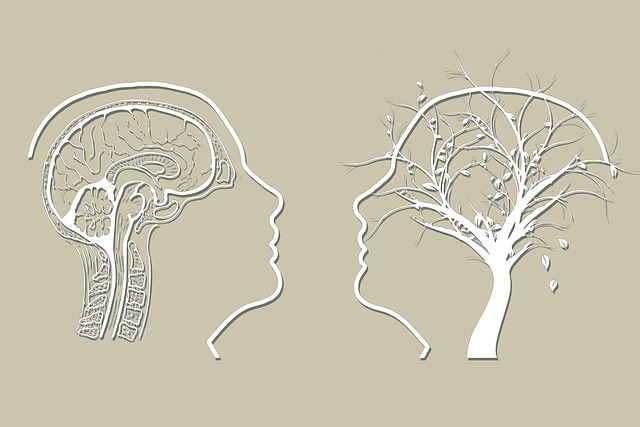Castle Rock Young Adults Therapy prioritizes cultural competency in healthcare, addressing diverse patient needs by bridging cultural gaps and overcoming barriers. Through tailored therapeutic methods, inclusive environments, and comprehensive training programs, they enhance patient outcomes for young adults from various ethnic and cultural backgrounds. Their dynamic evaluation process ensures continuous improvement, refining their services to holistically support diverse communities while mitigating risks through risk assessment.
In today’s diverse society, cultural competency is paramount in healthcare, especially within specialized services like Castle Rock Young Adults Therapy. This article explores the significance of training programs designed to enhance cultural understanding among providers, addressing barriers that may hinder effective treatment for young adults from various backgrounds. We delve into strategic implementation and measurement techniques, highlighting best practices to improve patient outcomes at Castle Rock Young Adults Therapy and beyond.
- Understanding Cultural Competency in Healthcare: Why It Matters for Castle Rock Young Adults Therapy
- Identifying and Overcoming Barriers to Effective Treatment
- Designing and Implementing Training Programs for Healthcare Providers
- Measuring Success and Continuous Improvement in Cultural Competency
Understanding Cultural Competency in Healthcare: Why It Matters for Castle Rock Young Adults Therapy

Cultural competency is a vital aspect of healthcare provision, especially for specialized services like Castle Rock Young Adults Therapy. In today’s diverse society, understanding and respecting cultural differences can significantly impact patient care and outcomes, particularly among young adults navigating their mental wellness journey. When therapists at Castle Rock Young Adults Therapy prioritize cultural sensitivity in their practice, they create a safer and more inclusive environment for patients from various ethnic, racial, and cultural backgrounds.
This approach goes beyond simple communication strategies; it involves adapting therapeutic techniques to align with the patient’s cultural framework. For instance, a mental wellness journaling exercise guidance tailored to an individual’s cultural beliefs can enhance self-reflection and therapy engagement. By incorporating Cultural Sensitivity in Mental Healthcare Practice, Castle Rock Young Adults Therapy ensures that each young adult receives care that is not only effective but also culturally affirming, fostering better connections and ultimately improving their therapeutic experiences.
Identifying and Overcoming Barriers to Effective Treatment

Effective treatment in healthcare often hinges on understanding and overcoming barriers that may exist between providers and patients from diverse cultural backgrounds. These barriers can significantly impact the quality of care, especially for young adults seeking mental health services, as seen at Castle Rock Young Adults Therapy. Language differences, cultural misunderstandings, and unaddressed biases are common challenges. For instance, patients might hesitate to share personal details due to fear of judgment or stigma, which hinders accurate assessments.
Cultural competency training equips healthcare providers with the emotional intelligence needed to navigate these complexities. By fostering empathy and a deeper understanding of various cultures, therapists can create safe spaces for vulnerable populations. This involves learning about different communication styles, family dynamics, and community influences that may shape an individual’s mental health journey. Moreover, integrating practices like Mental Health Policy Analysis and Advocacy ensures that providers not only treat symptoms but also advocate for systemic changes, addressing broader cultural barriers to care through Stress Management Workshops Organization.
Designing and Implementing Training Programs for Healthcare Providers

Designing and implementing effective training programs for healthcare providers is a multifaceted process that requires careful consideration. At Castle Rock Young Adults Therapy, we understand the critical role cultural competency plays in delivering quality care. A well-structured program should incorporate interactive workshops, case studies reflecting diverse scenarios, and ongoing evaluation to ensure knowledge retention and application.
Incorporating Mental Health Policy Analysis and Advocacy into these training sessions can equip providers with insights into systemic barriers impacting patient outcomes. By teaching Emotional Well-being Promotion Techniques, healthcare professionals become better equipped to support the holistic needs of a diverse range of patients. Through such initiatives, Castle Rock Young Adults Therapy strives to enhance the cultural competency of its staff, ultimately improving patient care and satisfaction across all communities served.
Measuring Success and Continuous Improvement in Cultural Competency

Measuring success in cultural competency training is a multifaceted process that goes beyond mere knowledge acquisition. At Castle Rock Young Adults Therapy, we employ a comprehensive approach to evaluation, utilizing both qualitative and quantitative methods to gauge improvement. This includes pre- and post-training surveys to assess participants’ perceptions of their cultural awareness, as well as case studies and role-play scenarios that allow for practical application and feedback from peers and mentors.
Continuous improvement is at the core of our program. We analyze the data collected from these assessments to identify areas where further training or tailored interventions may be needed. This iterative process, coupled with regular debriefings and reflective sessions, ensures that our cultural competency curriculum remains dynamic and relevant, empowering mental health professionals like those in our Inner Strength Development programs to effectively navigate diverse client populations. Additionally, our Mental Wellness Podcast Series Production serves as a platform for ongoing learning, featuring discussions on best practices and real-world examples from the field. Through these efforts, we strive to enhance not only individual practitioners’ skills but also overall mental health service delivery, minimizing risks through comprehensive risk assessment for mental health professionals.
Cultural competency training is a game-changer for healthcare providers, especially those at Castle Rock Young Adults Therapy. By understanding and addressing cultural differences, therapists can create a safe and effective treatment environment for diverse young adults. Overcoming barriers through tailored training programs ensures improved patient outcomes and fosters a more inclusive healthcare system. Continuously measuring success allows for ongoing refinement, ensuring that Castle Rock remains at the forefront of providing culturally competent care.

